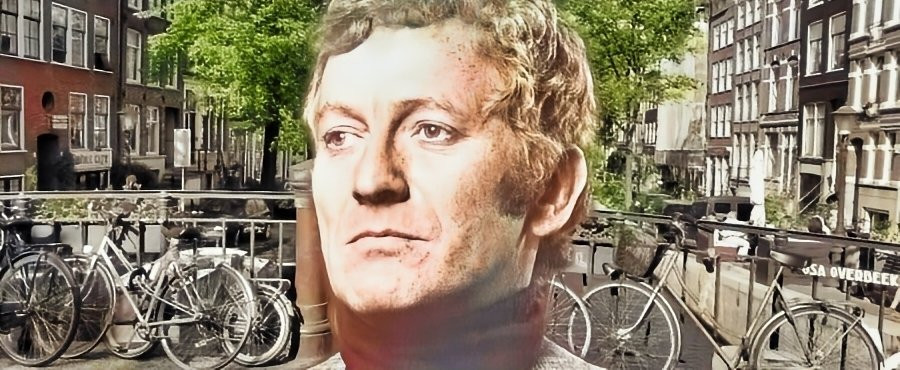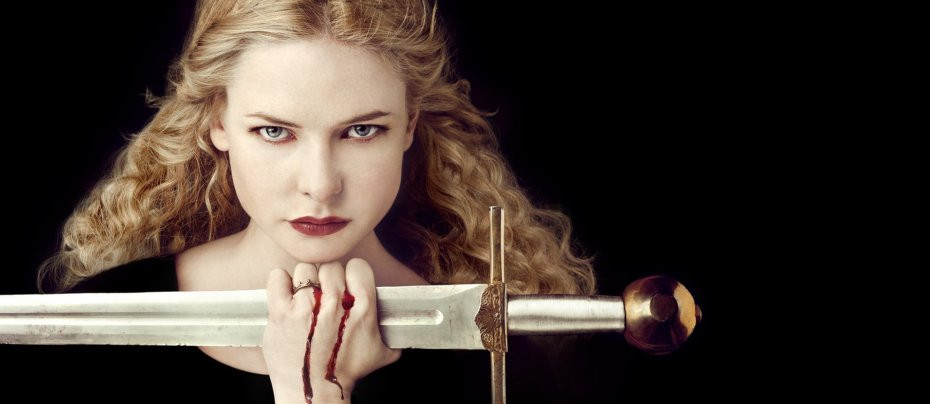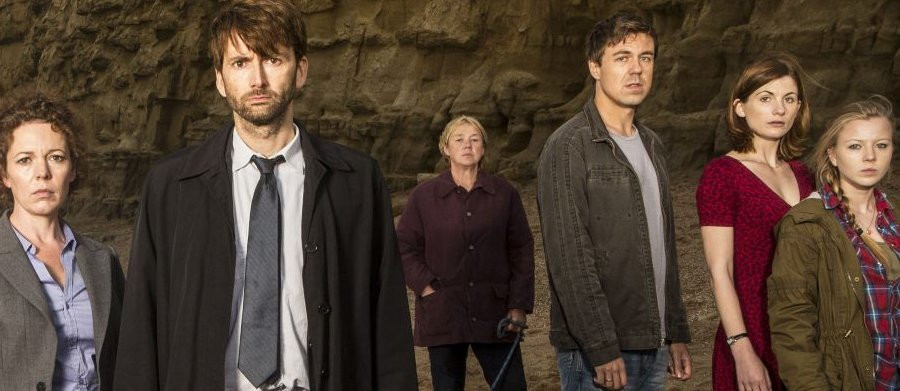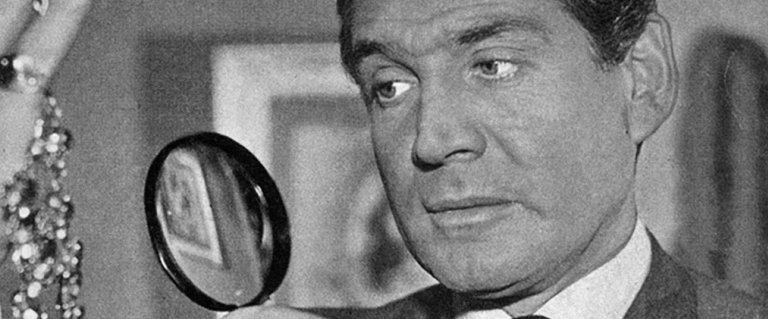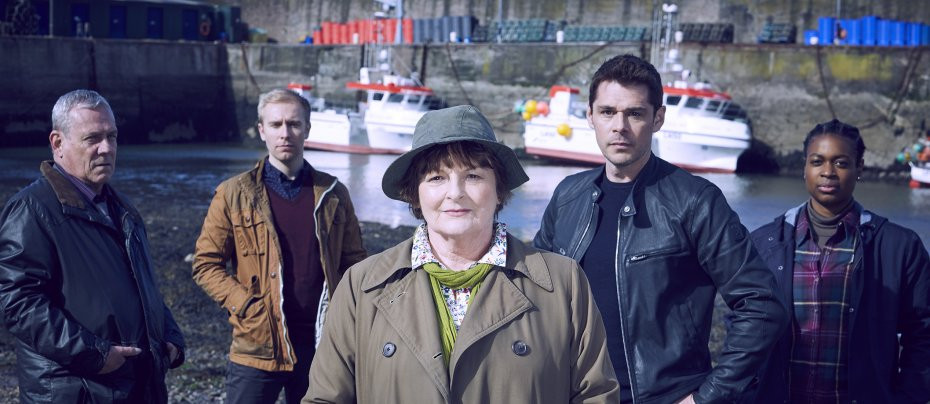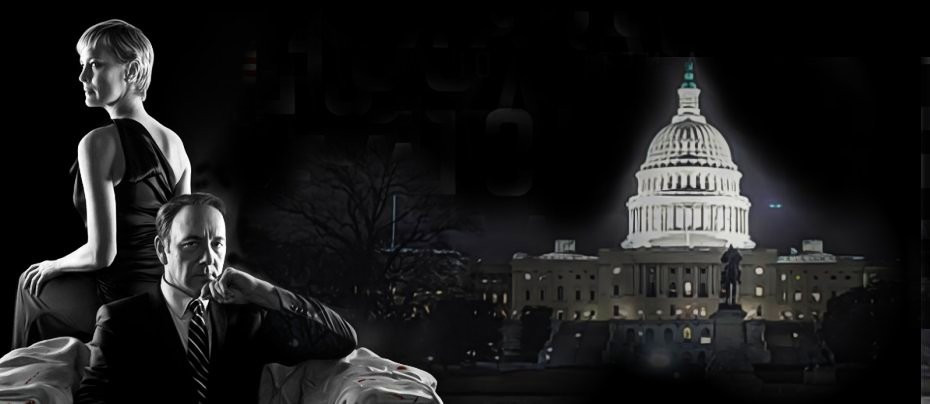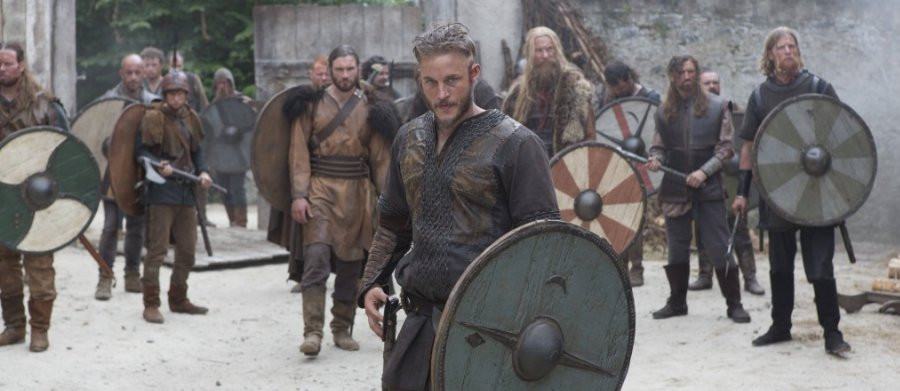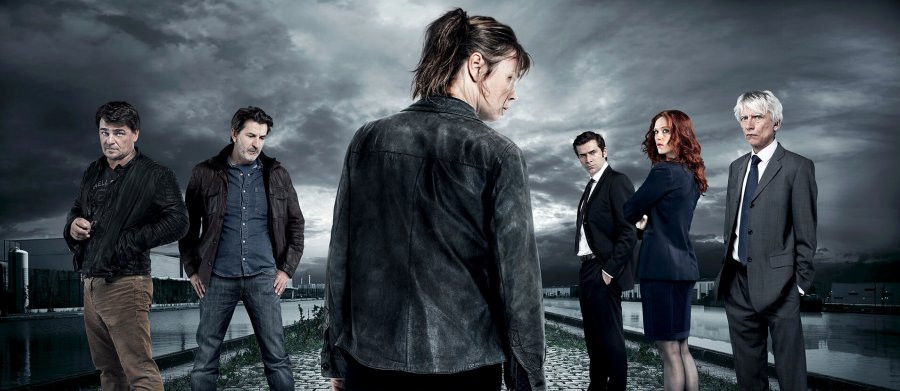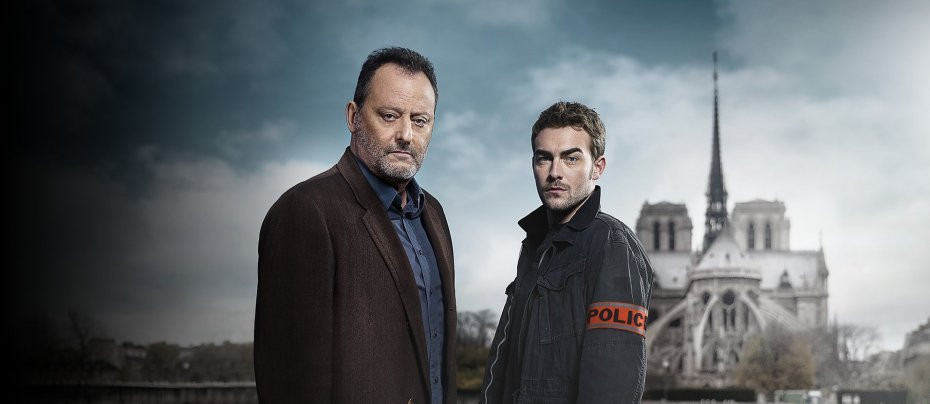
Jo
2013 - FranceReview: John Winterson Richards
There is nothing new about detective shows set in European countries being produced in English by Anglophone networks or studios with familiar English-speaking actors playing foreigners. One thinks immediately of Van der Valk, Wallander, the various iterations of Maigret, some of the best episodes of Poirot, and the sadly short-lived Alfred Molina vehicle The Marshal. This is, after all, what actors are supposed to do - pretend to be different people, even if it is increasingly difficult for them to be allowed to play different sorts of people these days. If the shows that resulted from this so-called "cultural appropriation" tend to reflect the style and tone of the country that produced them more than the countries they were trying to portray, and where they were sometimes filmed, they nevertheless had that dash of glamour and exoticism associated with a brief trip abroad to set them apart from most of their genre.
In this context, Jo is worthy of note as a very strange hybrid. Despite being set in Paris, with a heavy emphasis on its location filming there, its style and tone feels more American, reminiscent of something in the Law & Order franchise, which is hardly surprising since its showrunner, Rene Balcer, served in the same position for Law & Order: Criminal Intent. Most of its cast is English-speaking, even if more British and Irish than American, which makes the big exception all the more obvious - its leading man is Jean Reno, arguably the Frenchest Frenchman of his generation (which is ironic in itself because he was born Juan Moreno y Herrera-Jiminez to Spanish parents in what is now Morocco). The whole project was an elaborate international co-production with behind the camera talent from France and other parts of Europe. Balcer, himself a French speaking Quebecois, who had earlier worked on a French adaptation of Law & Order: Criminal Intent starring Vincent Perez which ran for three seasons, was backed by French writers, and many of the supporting cast and extras on location were of course French as well - but mostly non-speaking.
There is therefore an unavoidable sense of disjunction when one sees, and listens to, an actual Frenchman playing a Frenchman surrounded by British and Irish people, plus the odd American, pretending to be French too. No matter how good the individual performances, and most are very good, one of these things is not like the others.
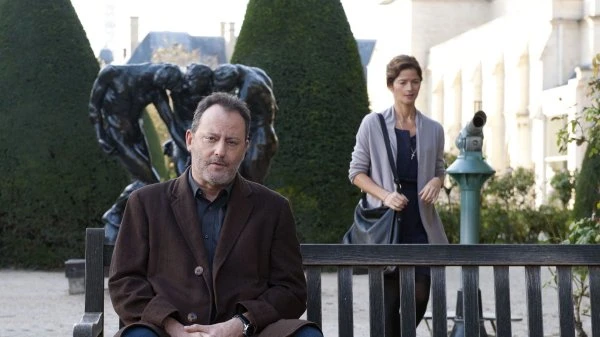
Yet Reno is, as usual with his projects, still the main reason to watch and, also as usual, he does not disappoint. One of the most recognisable actors in the world, with a below Kelvin cool factor, he only has to be there to fascinate. This is just as well because with a lesser actor his title character, Joachim Saint-Clair, would be something of a cliche - a brilliant but burnt-out cop with a drugs problem, an estranged daughter, a difficult relationship with authority, and an awkward friendship with a gangster (played by Sean Pertwee). The son of a prostitute, his surname is taken from the street she worked. It was originally intended to call the character Joachim Legrand and the show Le Grand, which is French for "The Great," and this might have been more appropriate and better for marketing, than the more androgynous Jo. Despite it being a neat contraction of his real-life stage name Jean Reno somehow does not look like a Jo.
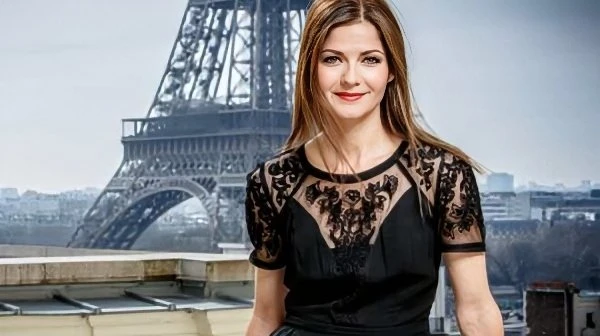
The more interesting characterisation is his leading lady, Karyn (played by Jill Hennessy), because she is a nun in plain clothes to help women trying to escape from prostitution. Sexual tension is always more interesting dramatically when it is unresolved or, as is the case here, cannot be resolved. To this is added an inner tension between her faith and the very worldly nature of the work it calls her to do. That the writers avoid the obvious trap of giving her a contrived crisis of faith is greatly to their credit. As a result we are actually given what seems compulsory in every production these days but is rarely achieved convincingly, a strong female character who brings something positive to her relationship with the male protagonist.
Tom Austen plays Jo's partner, Orla Brady (Star Trek: Picard) his superior, Celyn Jones his team's mandatory computer geek, and Wunmi Mosaku the medical examiner. They all display hints of depth of character which, alas, were not destined to be given enough time to play out.
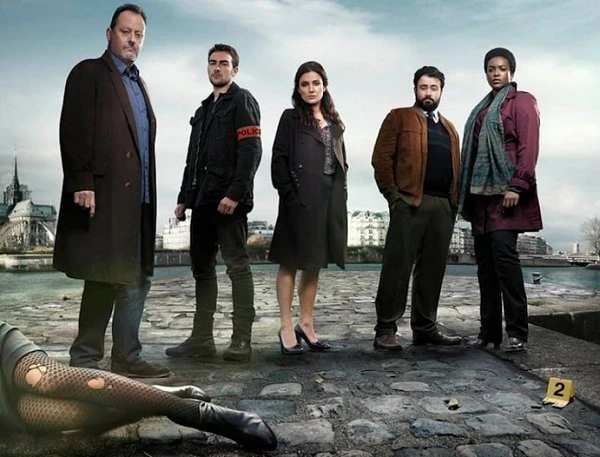
A strong guest cast includes Sam Waterston, Leslie Caron, Olivia d'Abo, Geraldine Chaplin, Sienna Guillory, Miranda Raison, Adrian Dunbar, Julie Cox, Luke Pasqualino, Nicholas Farrell, Christopher Fulford, Raquel Cassidy, Trystan Gravelle, Zoe Telford, Danny Webb, and Peter Guinness, even if you might miss a couple of them if you blink. Note the presence of several alumni of the Law & Order franchise. Two play characters completely separate from those they played in that franchise, but the third is a direct crossover, the very welcome return of a great character who was given an annoyingly unworthy offscreen exit in Criminal Intent.
The plotting is also very Criminal Intent, which is to say that it is often intriguing, frequently absurd, and sometimes both intriguing and absurd. It is therefore best enjoyed as an old-fashioned detective mystery rather than an attempt at a realistic police procedural.
So long as one understands that it is not to be taken too seriously, there is indeed much to enjoy in Jo and it is something of a surprise that it was cancelled after only a single season despite being planned to run for at least two. It sold very well internationally, and the ratings were good almost everywhere except in France itself. One can see why. The American style and tone of the project, and the lack of French actors in front of the camera apart from Reno and the extras, made it seem like an American project more than a French one. It was odds with the grittier style and tone of recent French policiers such as the brilliant Engrenages, known in English as Spiral, and Braquo. The Paris of Jo is very much Paris for tourists, with individual episodes actually being named after famous visitor attractions, such as Les Invalides, the Place de la Concorde, and the Opera Garnier, where bodies just happen to turn up, giving convenient pretexts for some glamorous location photography.
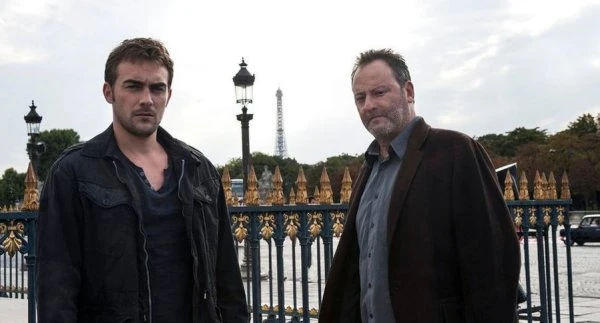
Yet the irony of offending the domestic audience by aiming the project so obviously at the American market is that it nevertheless failed to secure an American distributor. This led to a notable legal case between Atlantique Productions and Ion Television. Atlantique claimed they had secured such a deal with Ion, but the Court ruled, and it was upheld on appeal, that the formalities of signing the contract had not been completed. This may well be correct in law, but it should be noted that, historically, many television co-production or distribution deals have been agreed on a very informal basis that would shock a lawyer and gone ahead, nonetheless.
It should also be noted that there can be no justification for Ion's claim that they backed out of the deal because they found Reno's accent unintelligible. This is nonsense. He is always easy to follow. If there is a problem with his accent it is only that it seems out of place with all the British, Irish, and American accents around him. He was always the main selling point of the project and, having entered negotiations on the basis that they were getting Jean Reno they have absolutely no right to complain that he delivers Jean Reno.
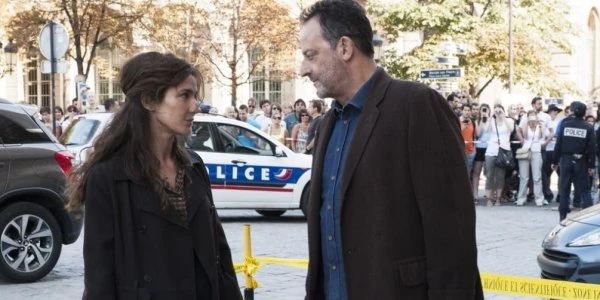
He invests Jo with considerable dramatic and commercial potential, so viewing it now, knowing that it will be cut short, is a frustrating experience. There is still enough on the screen to regret the absence of that second season and proper conclusions to several interesting plotlines being laid in the first. One cannot help thinking that, if it had been made only a couple of years later, it is likely that it would have been under the firm hand of a major streaming service with a better grasp of what the global market requires. That could have turned it into the major hit Reno deserved instead of another international co-production unsure what it is trying to be.
Seen this show? How do you rate it?
Seen this show? How do you rate it?
Published on January 7th, 2025. Written by John Winterson Richards for Television Heaven.


